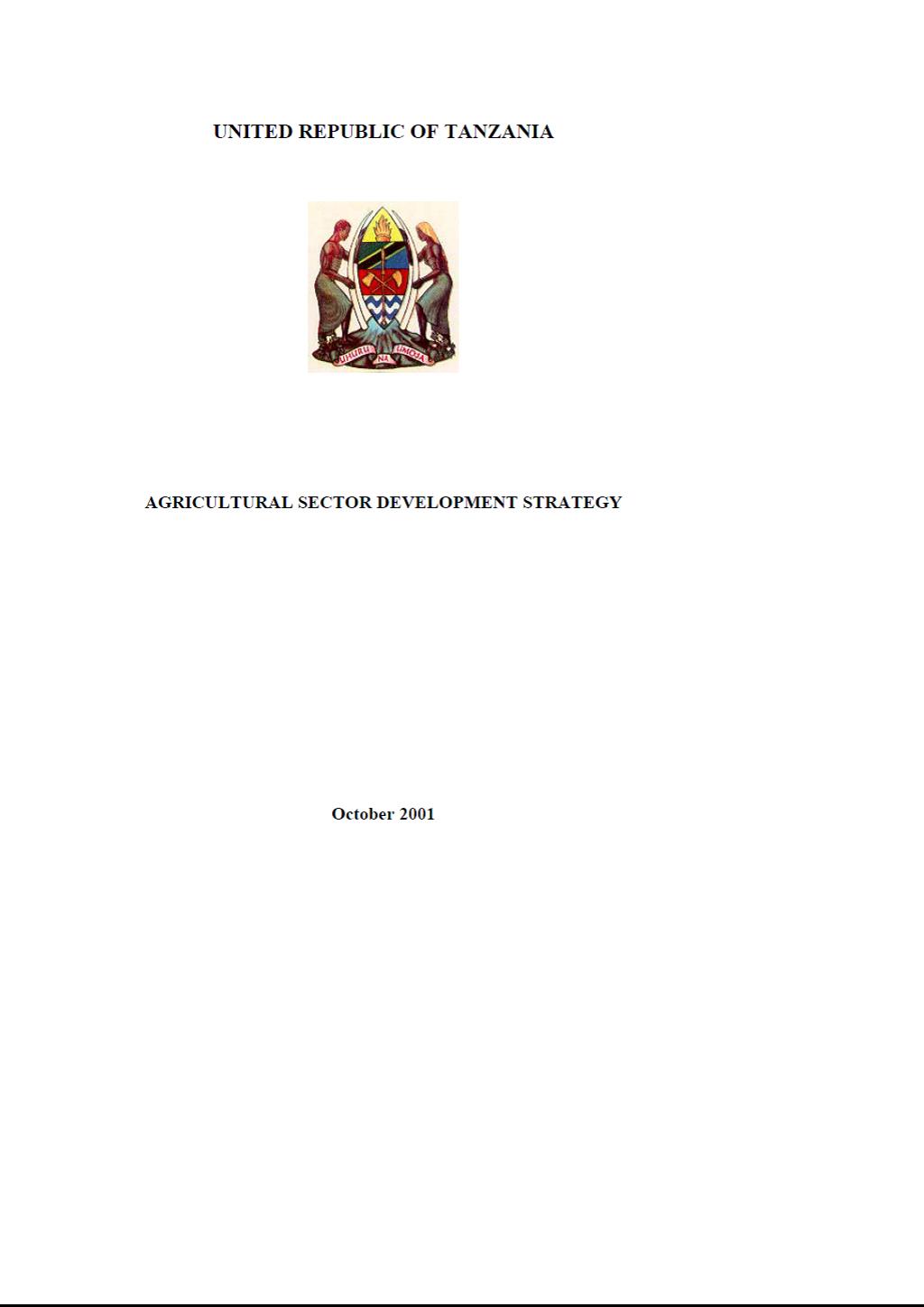World water and food to 2025: dealing with scarcity
The key messages of this presentation are:
Increasing competition for water severely limits irrigation and constrains food production
Slow progress in extending access to safe drinking water; water quality will decline; amount of water for environmental uses will be inadequate
Moderate worsening in current water policies and investments could lead to full-blown water crisis
Fundamental changes in water management and policy can produce a sustainable future for water and food





